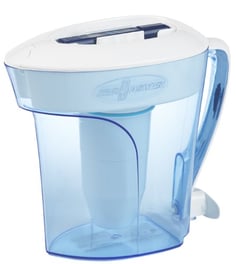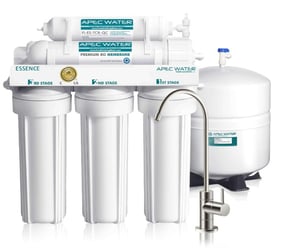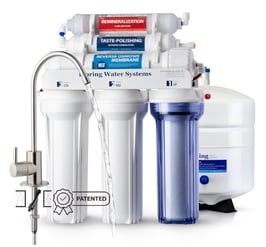How to choose a counter-top water filter for your kitchen
Cleaner water. Better health. Peace of mind. Whether you're in a rented apartment or your own cozy home, a countertop water filter can be one of the smartest additions to your kitchen. But how do you choose the right one?
5/17/25. 3 min read.


Tap water often meets local safety standards, but it doesn’t mean it’s truly clean. Many homeowners and renters are surprised to find chlorine, lead, sediment, or even microplastics in their drinking water. A countertop water filter offers a practical and affordable way to reduce these contaminants without installing a full under-sink system — making it especially ideal for renters, small kitchens, or anyone wanting a portable solution.
Key Factors to Consider When Choosing a Countertop Filter
1. Water Quality in Your Area
Before choosing a filter, understand what’s in your tap water.
Check your municipal water report or use a simple water test kit. Some areas have high chlorine levels, others may have fluoride, lead, or even microbial contamination. Your local water conditions will determine the type of filtration technology you need — whether it’s activated carbon for chlorine, RO for heavy metals and fluoride, or ceramic for bacteria. A very quick way to check the water quality is by using a Total Dissolved Solids (TDS) meter. 📝 Tip: If you're not sure, look for filters that offer multi-stage filtration covering a broad range of contaminants.
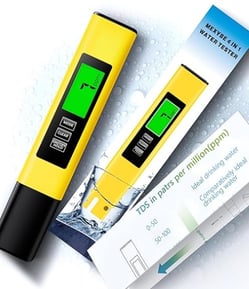

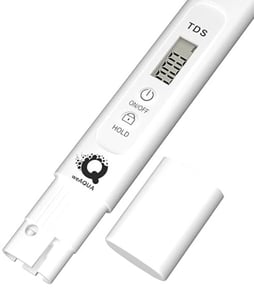

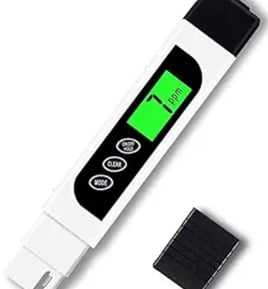

2. Type of Filtration Technology
Not all filters are created equal. Each technology has its strengths:
Carbon filters improve taste and remove chlorine.
📝 Note: Although carbon filters remove odor and chlorine, they are not capable of reducing total dissolved solids, which include other impurities such as heavy metals, fluoride, etc.
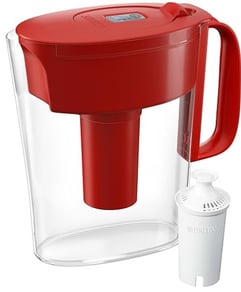

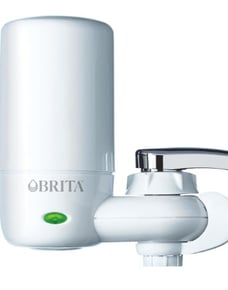

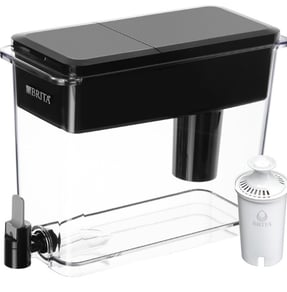

3. Space and Portability
Kitchen counter space is often limited—especially in apartments.
Look at the dimensions of the filter and make sure it fits your setup without interfering with other essentials. If you're renting or frequently move, choose a filter that requires no drilling or permanent installation.
📝 Compact, countertop filters are the current state of the art for renters or small kitchens. However, they need to be manually refilled everytime the source water tank empties which can be tedious and time-consuming.

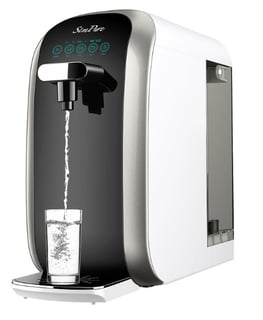
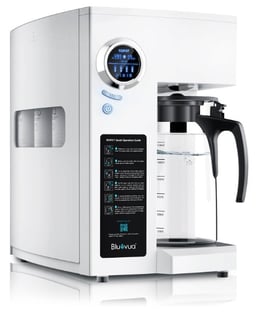

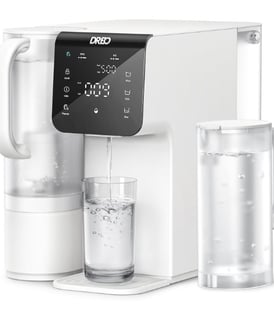

4. Installation & User-friendly
To avoid refilling hassle for your counter-top filter which makes them non-user friendly. Hence, a product has solved this problem with a simple faucet adapter.
Check if the system is:
Easy to use and non-permanent faucet attachment.
Compatible with your kitchen faucet.
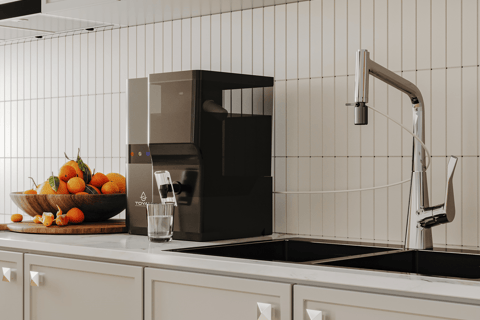

5. Filter Lifespan and Replacement Cost
Most countertop filters require replacement cartridges every 3 to 12 months depending on usage.
Check:
How long the filter lasts (in gallons or months)
How easy it is to replace
How much replacements cost over a year
A low-cost filter may seem budget-friendly at first, but frequent or expensive replacements can add up quickly.
How to choose a counter-top water filter for your kitchen
Cleaner water. Better health. Peace of mind. Whether you're in a rented apartment or your own cozy home, a countertop water filter can be one of the smartest additions to your kitchen. But how do you choose the right one?
